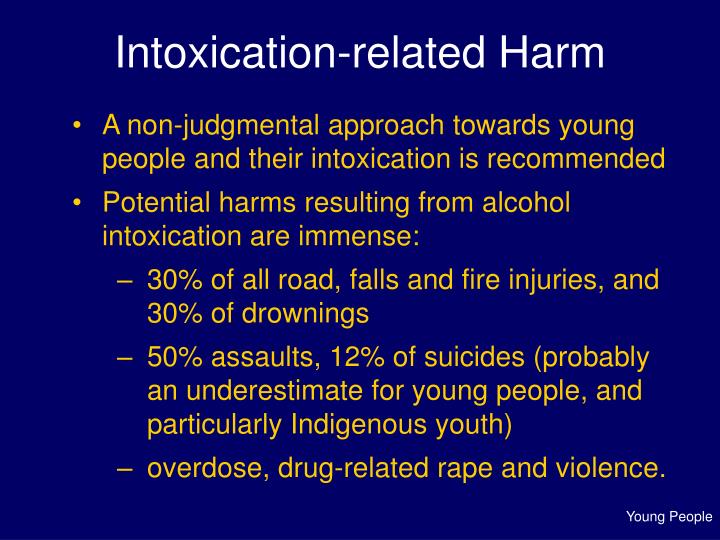Prevailing Medication for Alcohol Addiction
Treatment for alcohol dependence can start only when the alcoholic admits that the problem exists and agrees to stop drinking. He or she must understand that alcohol dependence is curable and must be driven to change.
True Alcohol Allergies Are Few And Far Between has three phases:
Detoxing (detoxification): This may be needed right away after terminating alcohol consumption and could be a medical emergency, considering that detox can trigger withdrawal seizures, hallucinations, delirium tremens (DT), and sometimes may lead to death.
Rehabilitation: This involves therapy and medications to give the recovering alcoholic the skills needed for sustaining sobriety. This phase in treatment may be done inpatient or outpatient.
Symptoms Of A Hangover are just as effective.
Maintenance of sobriety: This phase's success necessitates the alcoholic to be self-driven. The key to maintenance is support, which often consists of regular Alcoholics Anonymous (AA) gatherings and getting a sponsor.

For
Common Treatments for Alcohol Addiction? in an early stage of alcohol dependence, ceasing alcohol use might result in some withdrawal manifestations, including anxiety and poor sleep. If not treated appropriately, people with DTs have a death rate of over 10 %, so detoxing from late-stage alcohol addiction ought to be pursued under the care of a highly trained doctor and might mandate a short inpatient stay at a hospital or treatment center.
Treatment options may include several pharmaceuticals. Benzodiazepines are anti-anxiety pharmaceuticals used to treat withdrawal symptoms such as anxiety and poor sleep and to defend against convulsions and delirium. These are the most frequently used medicines during the course of the detoxing stage, at which time they are generally tapered and later stopped. They must be used with care, since they might be addicting.
There are numerous medications used to assist people recovering from alcohol addiction sustain sobriety and sobriety. One medication, disulfiram might be used once the detox phase is finished and the individual is abstinent. It disrupts alcohol metabolism so that drinking a small amount is going to trigger queasiness, vomiting, blurred vision, confusion, and breathing problems. This medication is most appropriate for problem drinkers who are extremely driven to quit consuming alcohol or whose pharmaceutical use is supervised, because the pharmaceutical does not impact the compulsion to consume alcohol.
Yet another medication, naltrexone, decreases the craving for alcohol. Naltrexone can be supplied whether or not the person is still drinking; however, just like all medications used to treat alcohol dependence, it is recommended as part of a detailed program that teaches clients all new coping skills. It is currently offered as a controlled release injection that can be given on a regular monthly basis.
Acamprosate is another medication that has been FDA-approved to decrease alcohol yearning.
Finally, research suggests that the anti-seizure medicines topiramate and gabapentin might be valuable in decreasing craving or anxiety during rehabilitation from alcohol consumption, despite the fact neither of these drugs is FDA-approved for the treatment of alcohol addiction.
Things To Look Ahead To At An Drug And Alcohol Rehabilitation Clinic -depressants or Anti-anxietyAnti-anxietyor Anti-depressants medications may be used to manage any underlying or resulting stress and anxiety or depression, but because those symptoms might cease to exist with sobriety, the medications are normally not begun until after detox is complete and there has been some time of sobriety.
Because
Depression: Identifying the Physical Manifestations to relapse and potentially becoming dependent anew, the goal of rehabilitation is total abstinence.
What Are the Treatments for Alcohol Addiction? follows a broad-based strategy, which may consist of education and learning programs, group therapy, spouse and children involvement, and involvement in support groups. Alcoholics Anonymous (AA) is the most renowneded of the support groups, but other methods have also proved successful.
Nutrition and Diet for Alcohol dependence
Poor health and nutrition goes along with alcohol abuse and alcohol addiction: Since an ounce of alcohol has additional than 200 calories but zero nutritional value, consuming large quantities of alcohol informs the human body that it doesn't need additional nourishment. Alcoholics are frequently deficient in vitamins A, B complex, and C; folic acid; carnitine; zinc, magnesium, and selenium, in addition to important fatty acids and anti-oxidants. Strengthening such nutrients-- by offering thiamine (vitamin B-1) and a multivitamin-- can help recovery and are a vital part of all detoxing protocols.
At-Home Treatments for Alcoholism
Sobriety is one of the most vital-- and probably one of the most tough-- steps to rehabilitation from alcoholism. To learn how to live without alcohol, you have to:
Avoid individuals and locations that make consuming alcohol the norm, and find different, non-drinking friends.
Take part in a support group.
Enlist the help of family and friends.
Replace your negative reliance on alcohol with favorable dependencies such as a new leisure activity or volunteer service with church or civic groups.
Start working out. Physical exertion releases neurotransmitters in the brain that offer a "natural high." Even a walk following dinner may be soothing.
Treatment for alcohol dependence can begin only when the problem drinker accepts that the issue exists and agrees to stop consuming alcohol. For an individual in an early stage of alcoholism, ceasing alcohol use may result in some withdrawal symptoms, including stress and anxiety and disturbed sleep. If not addressed appropriately, people with DTs have a mortality rate of over 10 %, so detoxification from late-stage alcohol addiction should be attempted under the care of a skillful doctor and may mandate a brief inpatient stay at a medical facility or treatment center.
There are
Living With Recovering Alcoholics. used to help people in recovery from alcoholism sustain sobriety and abstinence. Poor health and nutrition accompanies heavy drinking and alcoholism: Because an ounce of alcohol has over 200 calories and yet no nutritionary value, consuming large levels of alcohol tells the body that it doesn't need more nourishment.
UNDER MAINTENANCE

